Dog / Detail
A Guardian's Guide: Tips for Caring for Your Working Dog
Jonathan Bennet | 25 October 2024 | 12:10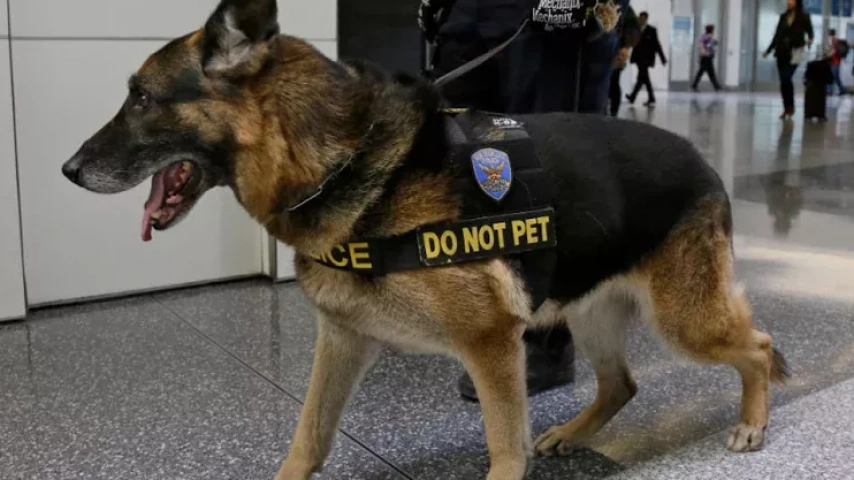
Working dogs, such as guard dogs, play a vital role in protecting our communities. These dedicated canines require specialized care to ensure they remain healthy, alert, and effective in their duties.
By providing them with proper nutrition, training, and exercise, you can help your working dog thrive and excel in their role.
Nutrition:
A well-balanced diet is essential for a working dog's health and performance. Their nutritional needs differ from those of pet dogs due to their increased energy expenditure. Here are some key considerations for feeding your working dog:

- High-quality protein: Working dogs require a diet rich in protein to support muscle development and repair. Look for dog foods that contain high-quality protein sources such as chicken, beef, or fish.
- Healthy fats: Fats provide essential energy and support brain function. Incorporate healthy fats like omega-3 fatty acids into your dog's diet.
- Carbohydrates: Complex carbohydrates provide sustained energy for working dogs. Choose dog foods that contain whole grains like brown rice or oats.
- Vitamins and minerals: Ensure your dog receives adequate vitamins and minerals to support their overall health and immune system function.
- Portion control: Avoid overfeeding your working dog, as obesity can lead to health problems.
Consult with your veterinarian to determine the appropriate portion size for your dog's age, weight, and activity level.
Training:
Training is crucial for working dogs to develop the skills and obedience necessary for their duties. Here are some effective training methods:
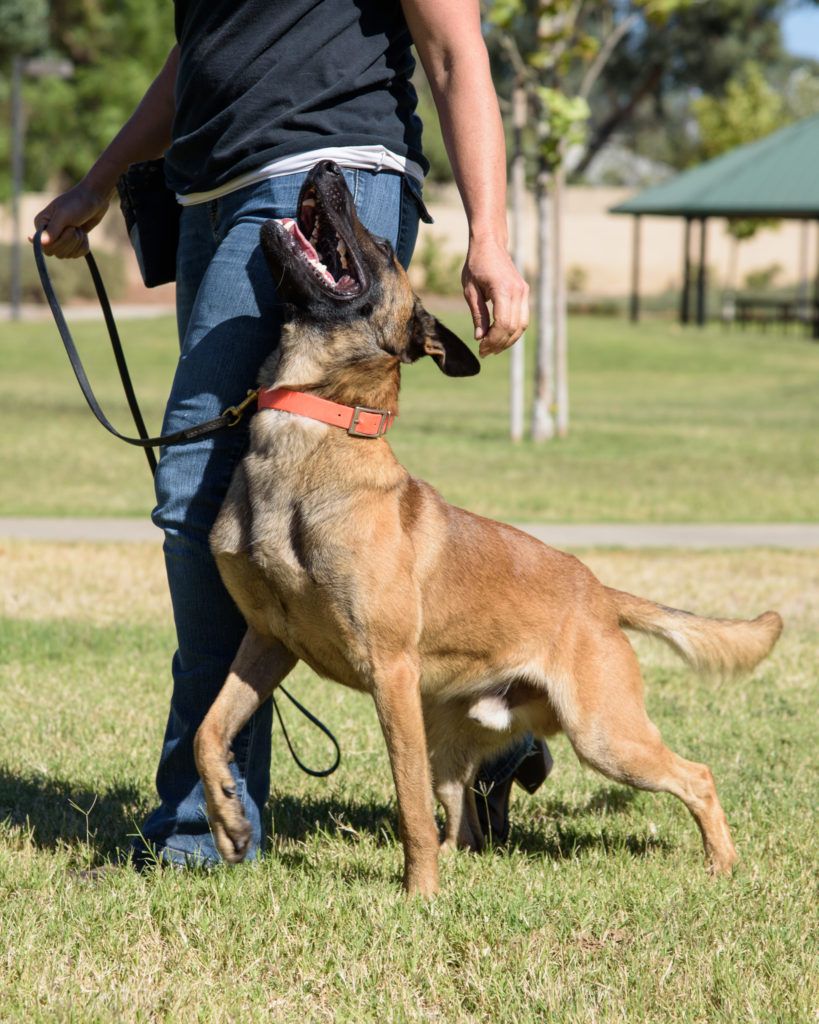
- Positive reinforcement: Use positive reinforcement techniques such as praise, treats, and toys to reward your dog for desired behaviors.
- Consistency: Be consistent with your training commands and expectations. This will help your dog understand what is expected of them.
- Socialization: Expose your working dog to a variety of people, animals, and environments to help them become well-socialized and confident.
- Specialized training: If your working dog has specific duties, such as guarding property or detecting contraband, enroll them in specialized training programs to develop the necessary skills.
Exercise:
Regular exercise is essential for a working dog's physical and mental health. Here are some exercise ideas:
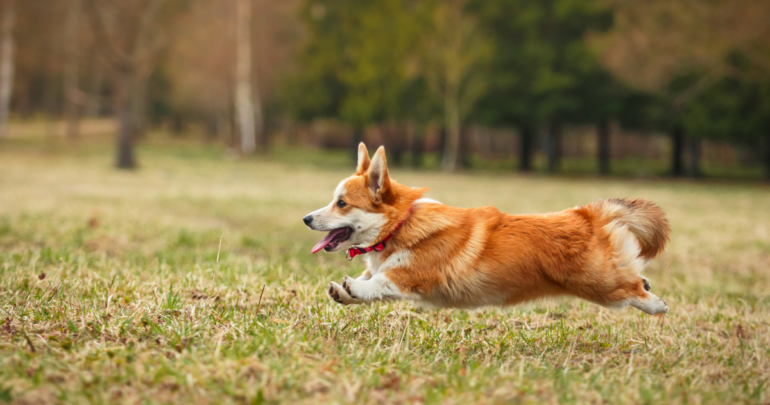
- Leash walks: Daily walks provide exercise and mental stimulation. Vary the routes and terrain to keep your dog engaged.
- Off-leash activities: If your dog is trained to stay within a designated area, allow them to run and play off-leash.
- Agility training: Agility training is a fun and challenging way to exercise your dog and improve their coordination.
- Tracking: Tracking exercises can help your working dog develop their sense of smell and problem-solving abilities.
Additional Tips:
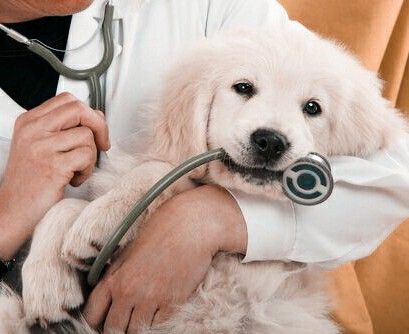
- Regular veterinary care: Schedule regular veterinary check-ups to monitor your dog's health and address any concerns.
- Mental stimulation: Provide your working dog with mental stimulation through puzzle toys, training sessions, and interactive play.
- Adequate rest: Ensure your working dog gets enough rest and sleep to recover from their duties.
- Protection from the elements: Protect your dog from extreme weather conditions by providing them with shelter and appropriate clothing.
By following these tips, you can help your working dog live a long, healthy, and fulfilling life. Remember, each dog is unique, so it's important to tailor your care to their individual needs and preferences.
Related
-

The Healing Power of Dogs: How Canine Therapy is Revolutionizing Mental Health and Boosting Positive Energy in Humans
Dog14 November 2024
-

A Pawsitive History: Dogs of Nuremberg
Dog09 November 2024
-

The Role of Oxytocin in the Human-Dog Bond: The Science Behind Our Deep Connection
Dog06 November 2024
-

Beyond the Beach: Jamaica's Dog Lovers
Dog29 October 2024
-

A Dog's Delights: Homemade Snacks for Our Furry Babies, Recipes Included!
Dog29 October 2024
-
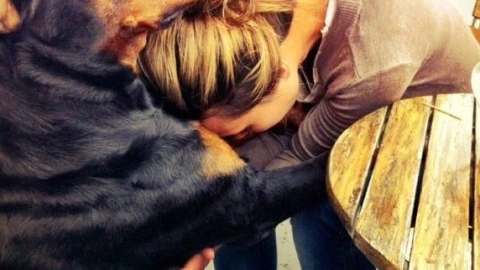
A Dog's Disorientation: Understanding Your Dogs' Wanderlust
Dog29 October 2024
Popular
-

-

A Pawsitive History: Dogs of Nuremberg
09 November 2024 -

-

Beyond the Beach: Jamaica's Dog Lovers
29 October 2024 -
